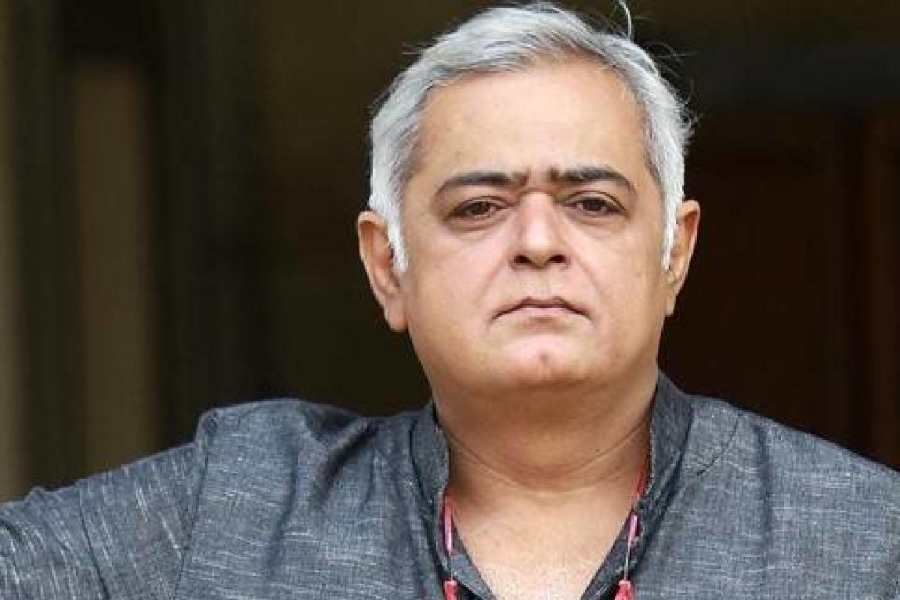The fall of Sheikh Hasina has prompted filmmaker Hansal Mehta to recount the resistance he faced for a movie he made on a terror attack in Bangladesh.
“I was visited at home by the otherwise very amiable Bangladesh High Commissioner of the time, I was constantly threatened and/or called by sources supposedly from the Indian ‘cabinet secretariat’ to tell me that the film would strain India’s relations with Bangladesh, I received multiple calls from high ranking police officials, alleged secret service agents, I have been accorded police protection for perceived threats from terror organisations, was put through lengthy litigation in Indian courts, was levelled rude allegations by many who said ‘this is not your story to tell’, am still battling bogus litigation in the Bangladesh courts,” Mehta posted on X on Monday.
He added: “This was a government that wanted nobody outside Bangladesh to know that they were simply inept and run by a highly authoritarian leader who was afraid of any criticism towards herself. They wanted to cover up their bloodied hands by shutting our voice and our right to tell a story that is a mirror to our times, a cautionary tale about our youth, a critique of authoritarian governments and majoritarian states. I hope justice will be served to the people of Bangladesh of course but also every country that might be vulnerable to such an establishment.”
Mehta’s 2022 film Faraaz was based on Nuruzzaman Labu’s book on the 2016 terror attack on a Dhaka bakery titled Holey Artisan: A Journalistic Investigation.
Bangladesh’s apex court had stalled the release of the film in the country on the plea of the mother of one of the 22 civilians killed in the attack. The case is still pending.
The story shows the inefficiency of officials in dealing with an attack of that scale.
Mehta told The Telegraph that he did not speak out in 2021-22 “to protect the film and ensure its release”.
However, he said: “I did speak after the release and when Delhi High Court decided in our favour (on a plea by victims’ kin to ban the film in India as well). The pressure kept building up after the poster of the film was released…. I got calls from senior cops and producers saying that someone from Delhi wants to talk to you. It was a well-
disguised interrogation.”
Mehta added that he had declined a request from the Bangladesh high commissioner for a preview of the film, which is now streaming on Netflix.
“Bangladesh had not faced an attack of this magnitude and did not handle it well…. Hasina wanted to control everything, the narrative,” he said. “I never spoke about the litigation because I did not want to hurt the families…. It is they who went to the press. They said, who is he to tell our story? I see this as cinema racism. This was larger than a Bangladesh story…. You can change the name of the country and the religion of the characters and the story would apply to any majoritarian state where it’s the Right-wing versus progressives.”











